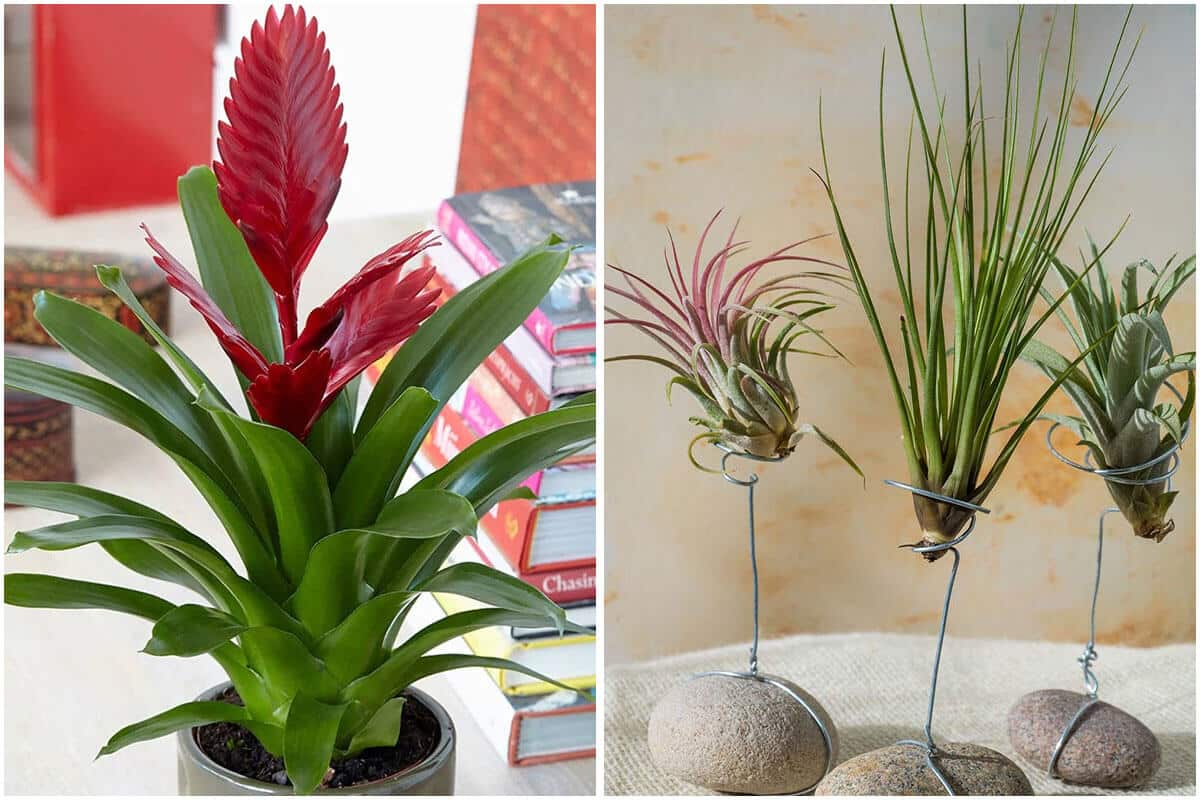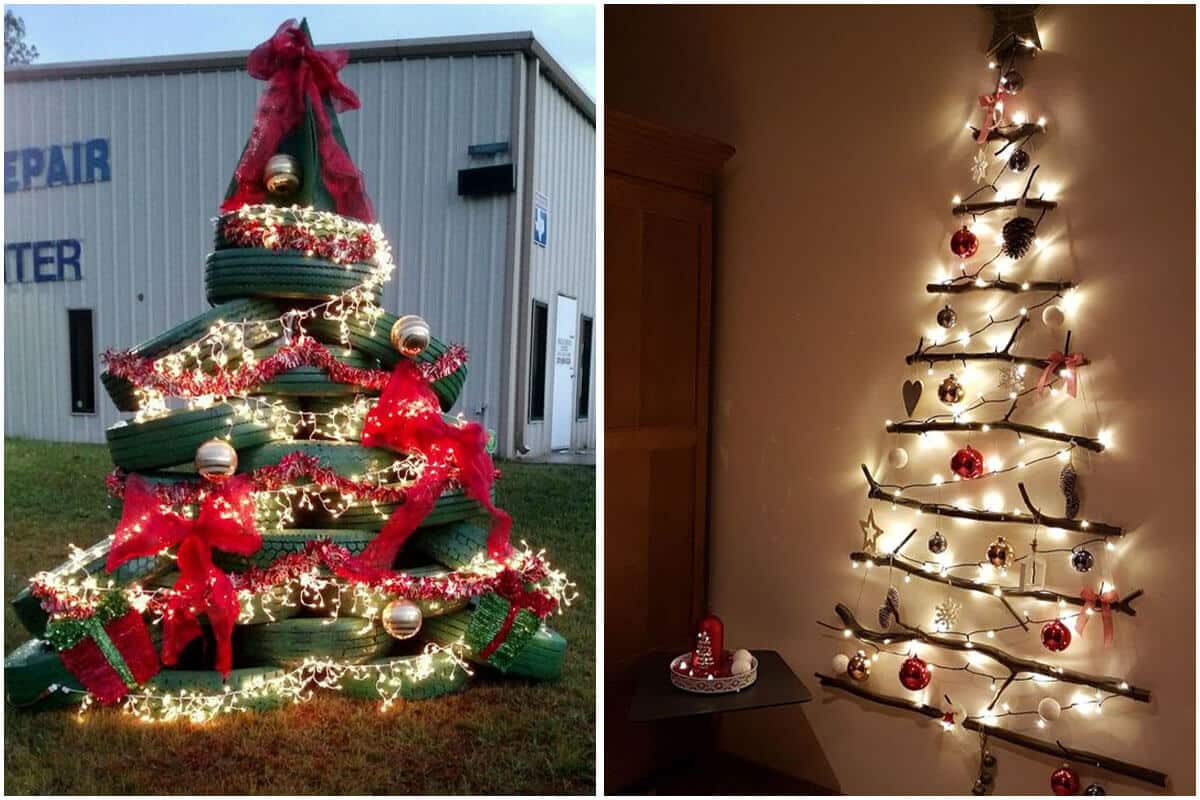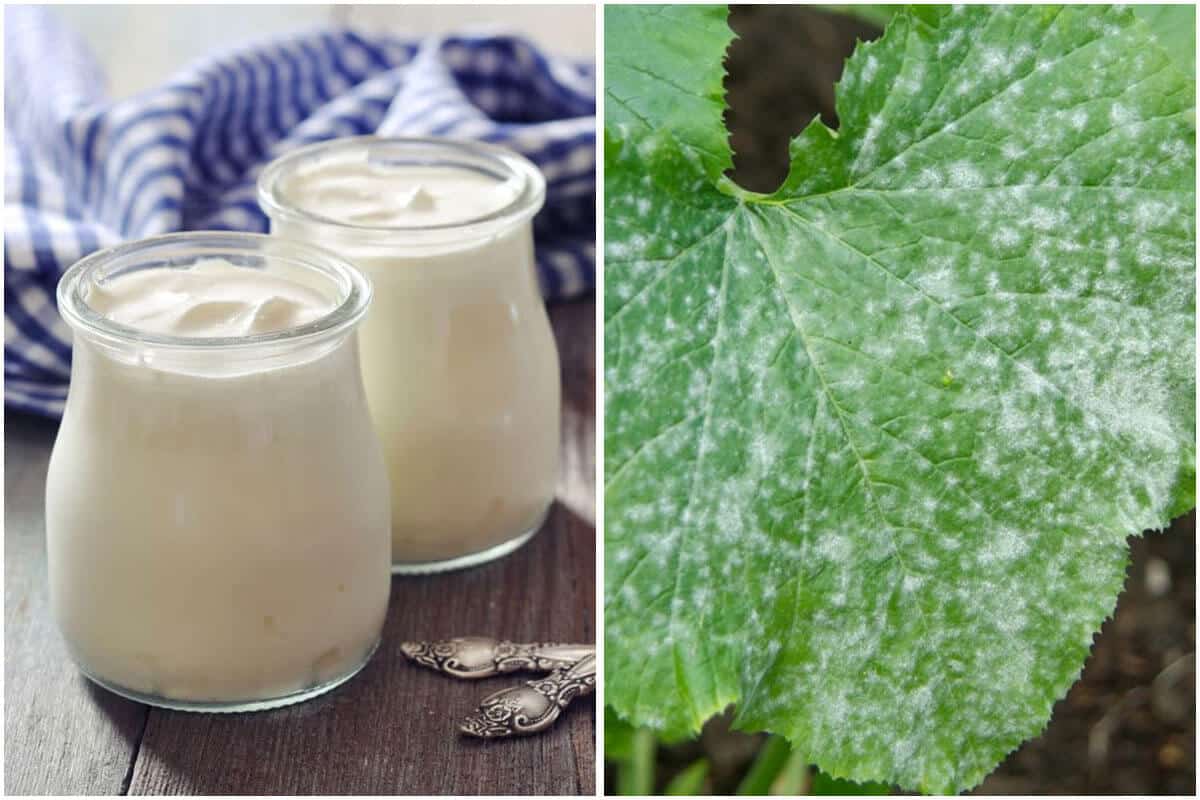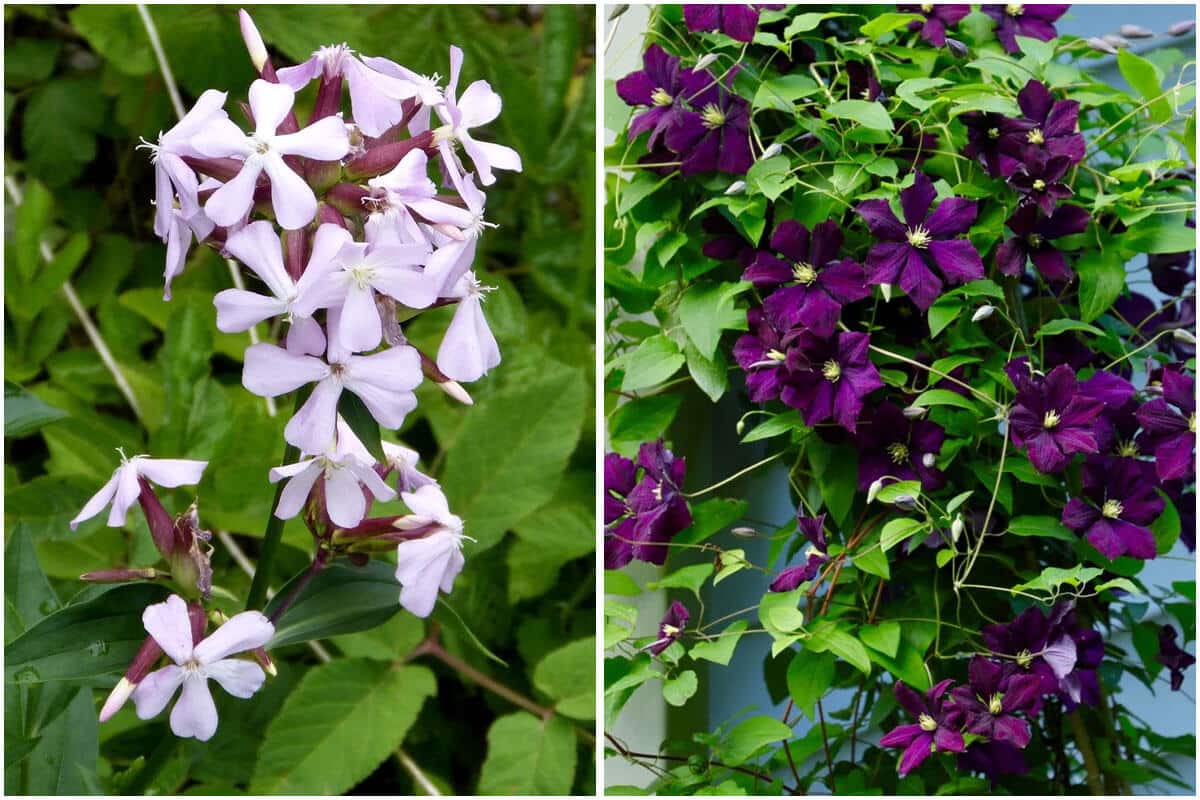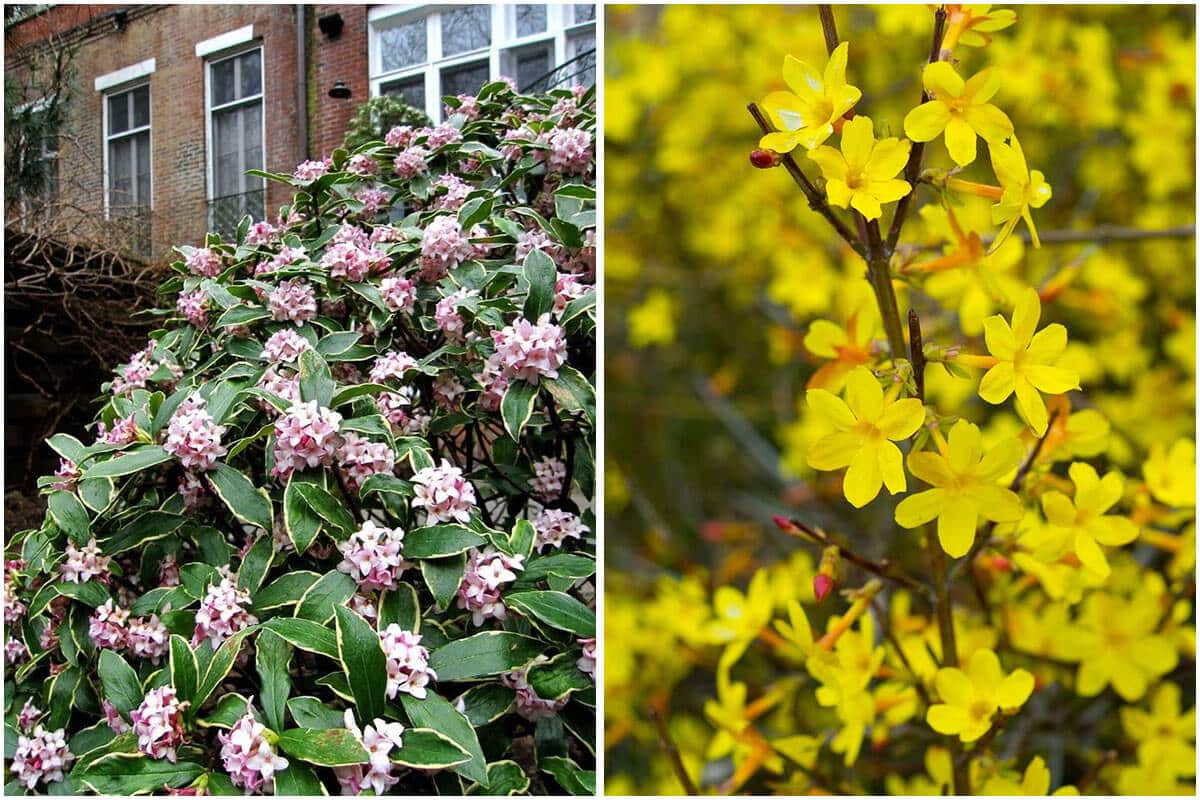Your plants are growing well! It is a good sign to have a bountiful harvest! However, hated weeds also thrive and will affect directly your plants. And you don’t know ways to remove them from your garden? Don’t worry, in this post today, we will help you deal with it. Besides, we’ve listed some other problems and ways to fix them. Explore them with us!
Black spot on roses, powdery mildew on veggies, Japanese beetles, aphids, and more, these are the most popular gardening problem that gardeners will get. They will have bad effects on both the quality and quantity of your plants if you don’t have the right ways to fix them. And when they are found early and fixed as soon as possible, your plants will still grow well. So, if you are a beginner and your experience is not much about the garden, this post is so useful for you that you should save it.
#1 Weeds

Weeds are a perennial garden problem. They thrive in the sun and rain of summer. Apply a deep layer of mulch in spring to foil their efforts, and when weeds do sprout, eliminate them early by pulling them up, scalding them, or spraying them with herbicide, or use some natural ways.
#2 Black Spot on Roses

Black spot is caused by a fungal disease that occurs in warm, wet weather and affects roses in all regions. Leaves develop black spots on the upper side, turn yellow, and fall off. To combat black spot, be sure to plant disease-resistant varieties, in locations that receive plenty of sunshine and air circulation, and don’t overwater.
#3 Powdery Mildew on Veggies

Powdery mildew is found throughout North America and especially affects veggies like squash, melons, and cucumbers. Once powdery mildew appears, you can control it, but you can’t cure it. Pick off affected leaves and spray with a fungicide or a mixture of milk and water. Try to prevent the disease by planting resistant varieties in areas with plenty of air circulation.
#4 Japanese Beetles

The Japanese beetle is a pest for roses, crape myrtles, and grapes, and more. It damages plants by skeletonizing the foliage or defoliating them completely. Get rid of these critters by handpicking them off your plants, trapping them, or spraying. Alternatively, work the prevention angle by killing the grubs in the soil before they hatch into leaf-eating beetles.
#5 Aphids

The aphid is a tiny but prolific insect that attacks in colonies, feeding on the juices in plant stems, leaves, buds, flowers, and fruit. Aphids end up in just about every garden in all zones. Combat them by spraying them off the leaves with water, spraying plants with insecticidal soap, or attracting beneficial insects like ladybugs and lacewings to your garden.
#6 Drought

Lack of water is major summer stress for a garden. Regularly amend your soil with compost to boost the performance and overall health of plants to make them more resilient. Mulch your garden to help retain moisture, and practice efficient watering techniques. To minimize evaporation, use drip hoses with timers, and water the base of your plants early in the morning.
#7 Too Much Water

Heavy rains and too much watering can be just as destructive to a garden as drought. Excess water leaches nitrogen out of the soil, leaving plants yellowing and starved for nutrients. You can’t stop the rain, but you can create the best drainage possible for your plants, and, of course, don’t make matters worse by overwatering.
#8 Blossom-End Rot

Blossom-end rot affects many vegetables, particularly tomatoes, peppers, melons, and eggplant. The disorder is characterized by a dark, rotting spot at the blossom end of the fruit, and it’s most often caused by a calcium deficiency. Add lime to the soil, don’t overfertilize, and make sure plants are watered evenly.
#9 Rabbits

Rabbits love to feed on the tender shoots of young plants. Protect your seedlings with collars made of tin cans, or with a chicken-wire fence. You can also plant deterrent plants like marigolds and onions around the perimeter of your garden to help keep them away.
#10 Slugs

Slugs sneak into your garden at night and devour the leaves of your plants. You can trap them or try to deter them with barriers of copper strips, pine needles, or diatomaceous earth. You can also attract birds and toads to your property, which love to feast on slugs.
